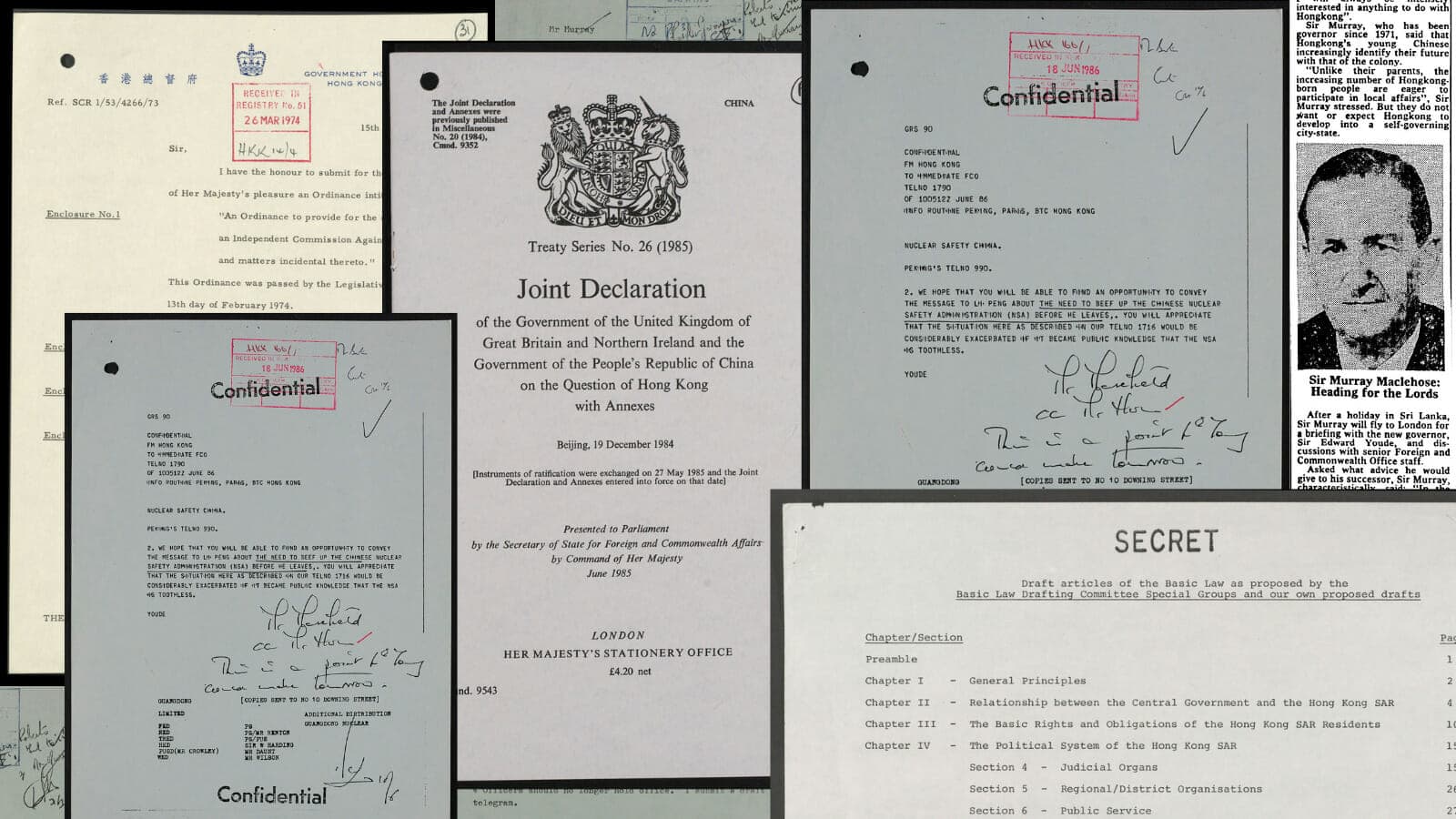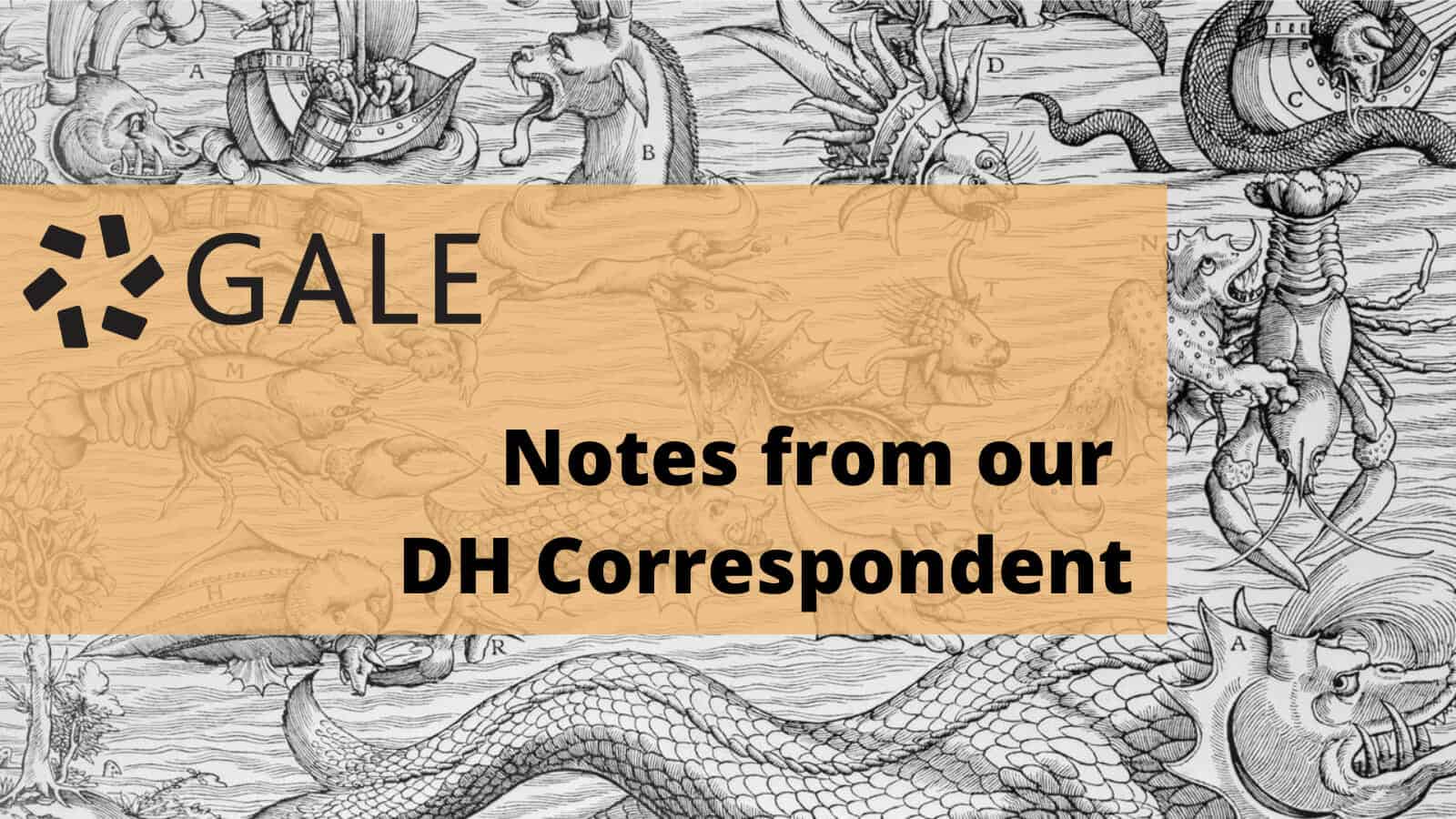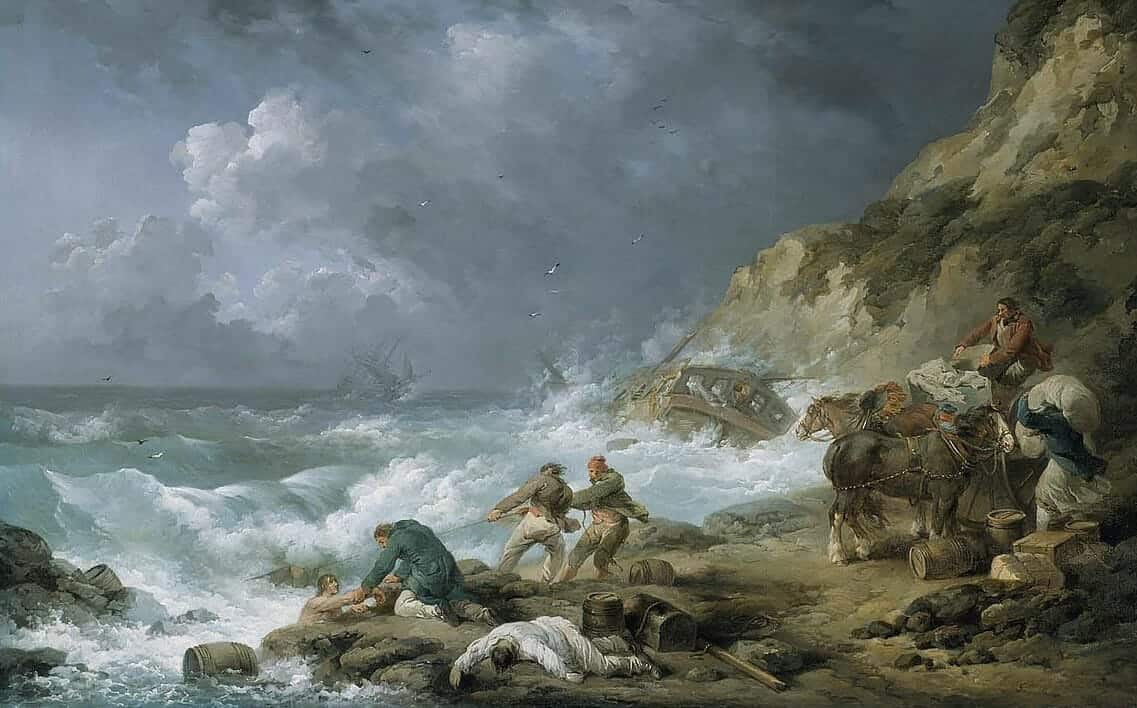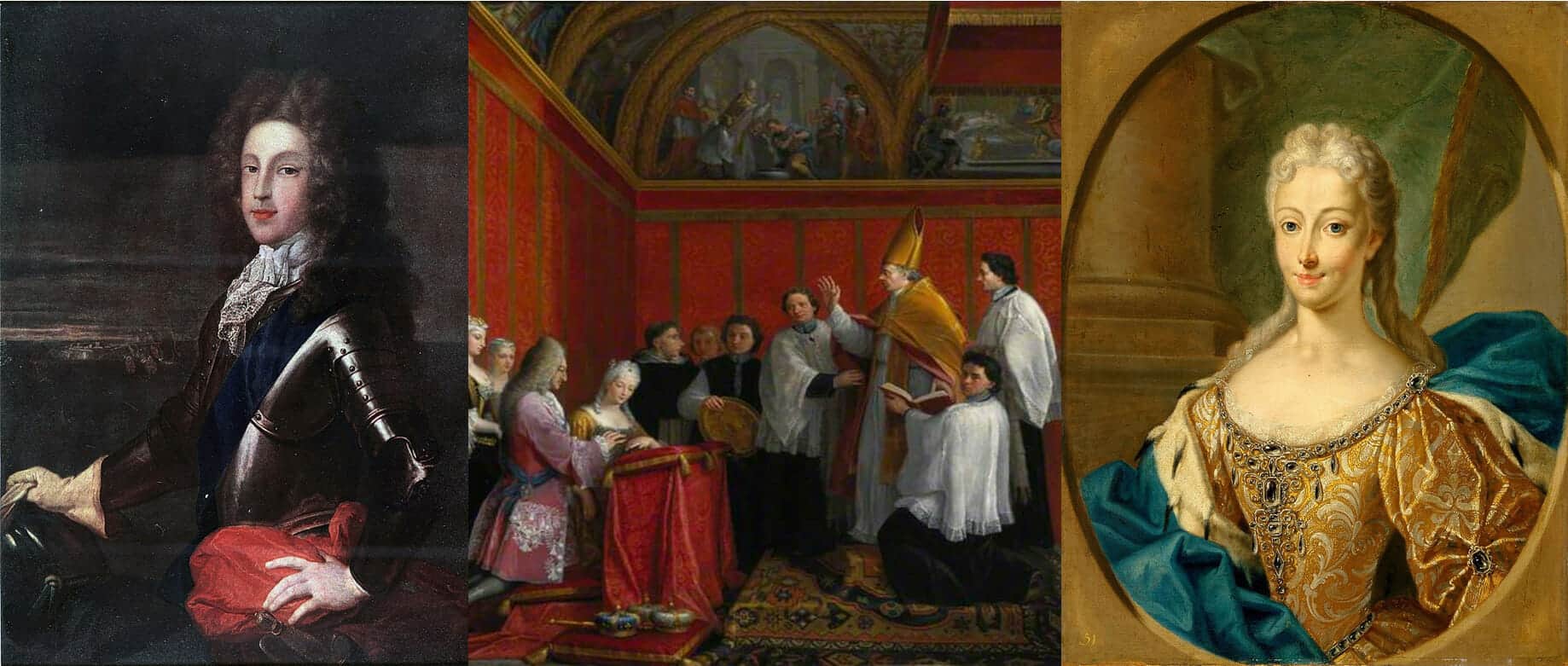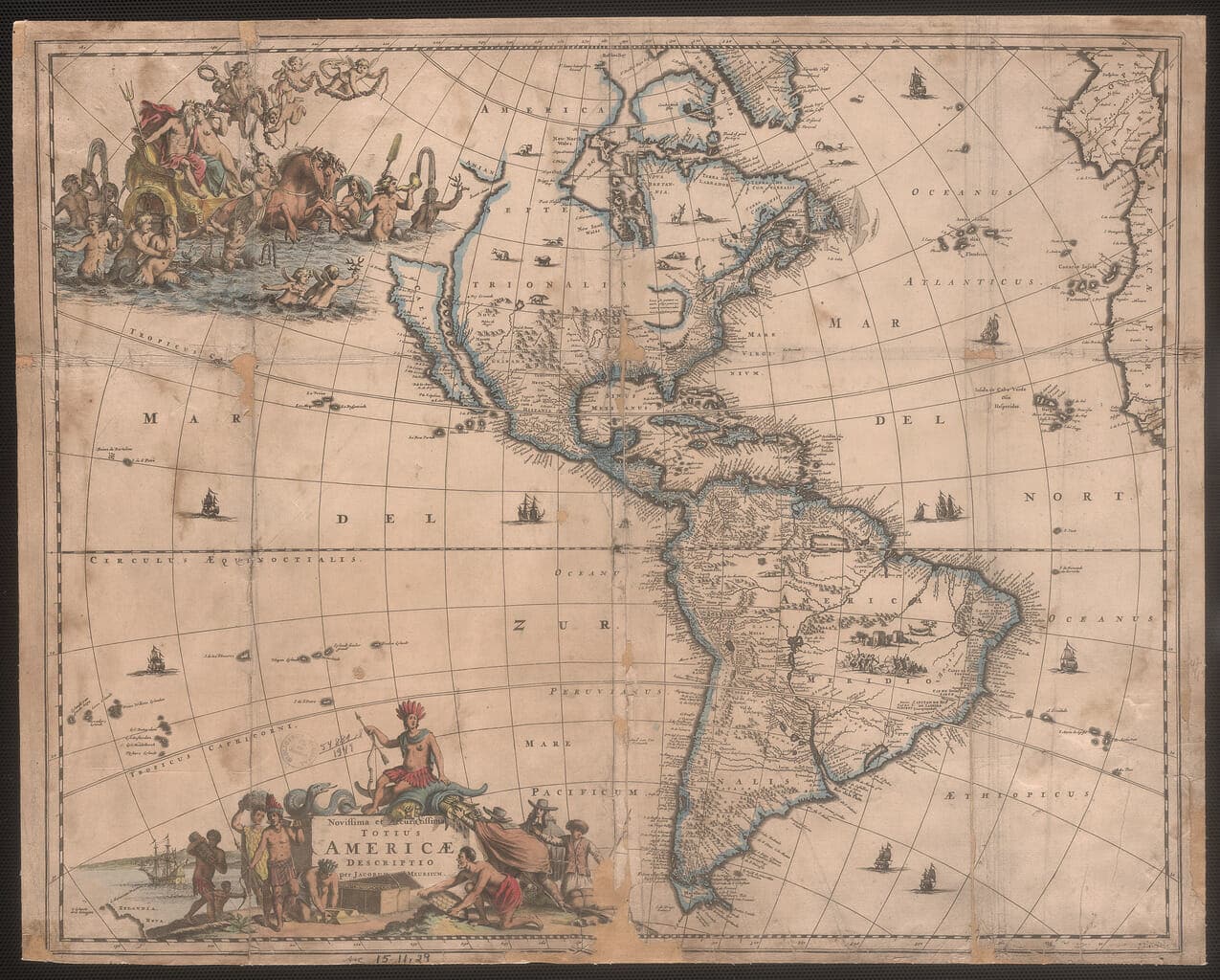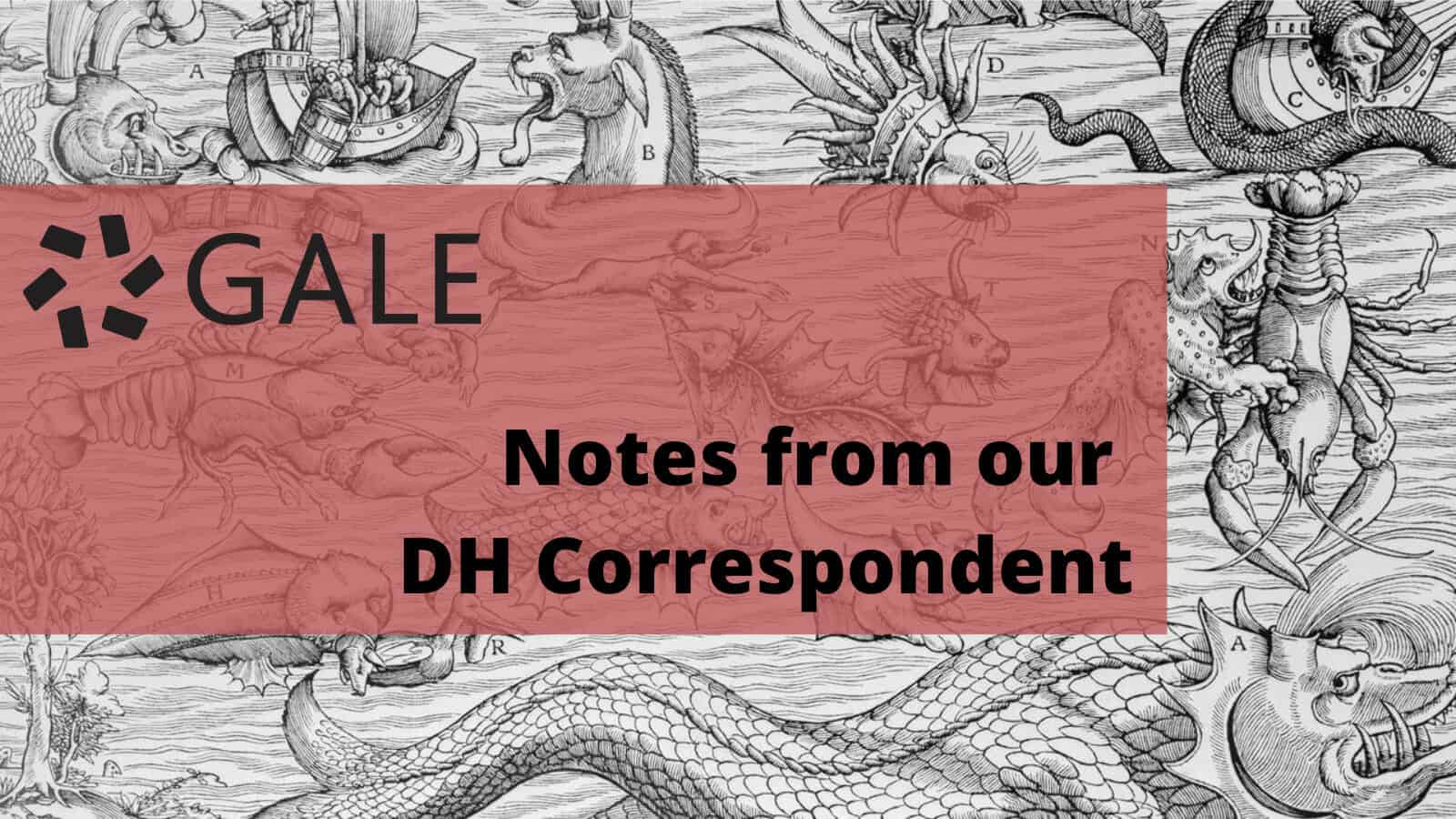|By Liping Yang, Senior Manager, Academic Publishing, Gale|
Gale released China and the Modern World: Hong Kong, Britain, and China Part 1, 1841–1951 in August 2019. During that summer and subsequent months, Hong Kong made the headlines of international media due to a series of large-scale mass protests launched against the government’s introduction of a bill to amend the Fugitive Offenders Ordinance with regard to extradition. The protests turned into riots and plunged the city into political conflict, which did not end until after the outbreak of COVID in 2020. Such protests or riots are nothing new in the history of Hong Kong. Actually, in 1967, a series of riots of comparable scale swept across the city, leading to violent confrontation between the rioters and police, and causing mass arrests and injuries. Such riots constitute just one of the many topics covered by the just released Hong Kong, Britain, and China Part 2, 1965–1993, the seventh module in Gale’s China and the Modern World series of digital archives.

